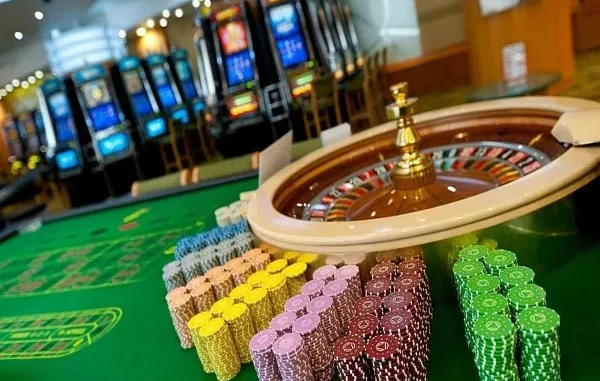
Ever notice how your worst gambling sessions happen when you’re feeling a certain way? Not just unlucky, but emotionally off in some specific direction that makes every decision feel wrong.
I learned this the expensive way. After tracking my sessions for six months, three emotional patterns emerged that consistently led to disaster. Now I have a simple rule: if I’m in any of these states, I close the casino tab and walk away.
Here’s what finally taught me to recognize the warning signs.
Emotional gambling creates the perfect storm for casino profits—you make terrible decisions while they collect your money. Even platforms like Zoome online casino with 8,000+ games, VIP programs, and crypto payments won’t stop you from making emotional bets that destroy your bankroll.
Frustration: The Bankroll Killer
Frustration is gambling poison. When I’m frustrated—whether from work, traffic, or just a bad day—I approach slots like I’m trying to punch my problems in the face.
Last year, I had a terrible performance review. Felt angry and powerless. Fired up my usual casino that evening, thinking some slots would help me unwind. Started with $20, my normal limit.
Within 30 minutes, I’d burned through $120.
The pattern was obvious: losing made me more frustrated, which made me bet bigger to “get even faster.” Each loss felt personal, like the game was mocking my already terrible day.
What frustration does to your gambling:
- You chase losses aggressively instead of accepting them
- Small wins feel insulting rather than satisfying
- You increase bet sizes to match your anger level
- Normal variance feels like targeted attacks
My current approach: When I notice frustration creeping in, I have a 24-hour cooling-off rule. No exceptions. I’ve saved hundreds of dollars just by recognizing when I’m looking for a fight with a slot machine.
Sadness: The Comfort Trap
Sad gambling is sneaky because it feels gentle. You’re not chasing big wins or trying to prove anything. You just want something to make you feel better.
This is actually more dangerous than angry gambling.
When I’m sad, slots become emotional medication. The lights, sounds, and small wins create temporary relief from whatever’s bothering me. The problem? That relief costs money, and sad gambling sessions stretch on forever.
I once spent four hours playing $0.20 spins after a relationship ended. Lost $60 total—not a massive amount, but the time investment was insane. I wasn’t even enjoying it after the first hour. Just… numbing out.
How sadness distorts gambling:
- Sessions extend far beyond normal timeframes
- You play for comfort rather than entertainment
- Small losses feel acceptable because “nothing matters anyway”
- You avoid checking your balance to maintain the fantasy
My safeguard: I’ve learned to recognize when I’m gambling for emotional regulation rather than fun. When sadness hits, I give myself permission to feel bad without trying to fix it with casino games. Usually means a walk, calling a friend, or just accepting that some days suck.
Overconfidence: The Silent Session Killer
This one took me the longest to recognize because overconfidence feels positive. You’re riding high from something good in life, feeling lucky, convinced the universe owes you more good fortune.
Overconfident gambling destroyed my biggest win ever.
I’d hit a $400 jackpot on a $1 spin—genuine luck on a game I rarely play. Instead of cashing out, I felt invincible. “This is my night,” I thought. Jumped to $5 spins on high-volatility slots because obviously I was on a streak.
Lost the entire $400 plus another $100 from my balance within 45 minutes.
What overconfidence does:
- You interpret normal variance as confirmation of your “hot streak”
- Bet sizes increase because you feel protected by luck
- You ignore stop-loss limits because “this time is different”
- Small wins feel like stepping stones to something massive
Reality check method: Before any session now, I write down my stop-loss amount. When overconfidence kicks in, I ask myself: “Would I be comfortable losing this amount if I were feeling neutral?” If the answer’s no, I stick to my original limit.
Recognizing emotional manipulation in game design helps prevent bad decisions—rakin’ bacon slot machine tips explain how bonus features and near-misses are deliberately designed to trigger emotional responses, which beats discovering this during expensive losing streaks.
What I Do Instead
When I recognize these emotional states, I have alternative activities ready:
Frustration: Physical exercise or aggressive music
Sadness: Connect with friends or engage in creative hobbies
Overconfidence: Review my recent gambling statistics to ground myself
The goal isn’t to never feel these emotions. It’s to recognize when they’re driving your gambling decisions and step away before they destroy your bankroll.
Gambling should enhance good moods, not medicate bad ones or amplify dangerous ones.
Leave a Reply